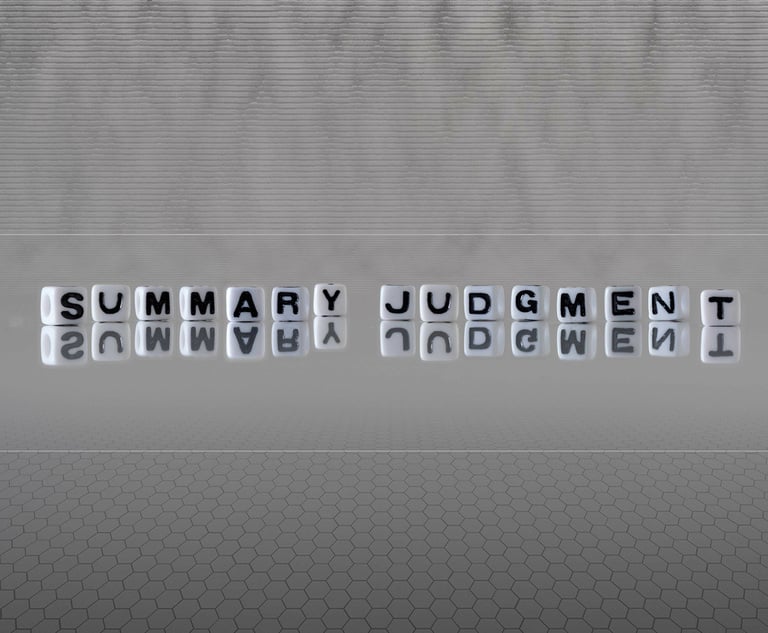Things just got a lot tougher for those seeking to sue in New Jersey for defamation involving a matter of public concern. If the long-awaited recently enacted law seeking to curtail Strategic Lawsuits Against Public Participation (“SLAPP suits”) doesn’t make it difficult enough for plaintiffs, the Appellate Division recently decided Neuwirth v. State, (Aug. 2, 2023), a published decision requiring plaintiffs in all “public concern” defamation cases, and not just those where the media is a defendant, to plead specific facts supporting an allegation of actual malice, often a difficult proposition.
The new anti-SLAPP law creates a mechanism for expedited resolution of a defamation or ancillary tort designed to quiet public debate, featuring a presumptive stay, interlocutory appeal as of right and attorneys’ fees; every element must be demonstrated or the case cannot proceed. Neuwirth’s requirements will only make the anti-SLAPP law even tougher to withstand because plaintiffs will now be required to plead specific facts in support of actual malice. Together these events have the potential to deal most public defamation suits in New Jersey a knockout punch.


 Fake Dictionary, Dictionary definition of word defamation. Credit: Devon Yu/Adobe Stock
Fake Dictionary, Dictionary definition of word defamation. Credit: Devon Yu/Adobe Stock




